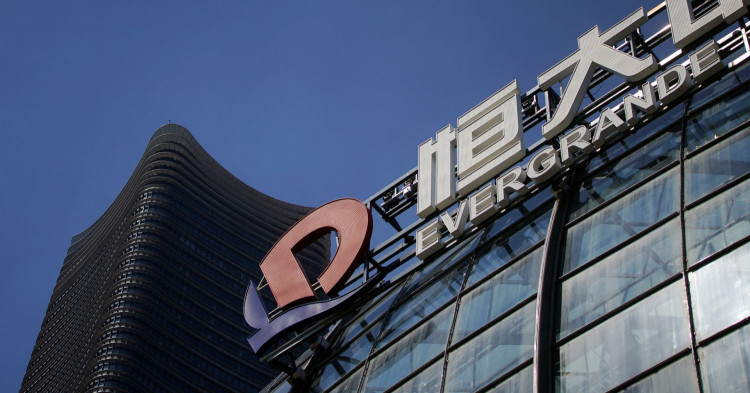Chinese authorities are intensifying their investigation into PricewaterhouseCoopers (PwC) concerning its auditing practices at China Evergrande Group, amidst allegations of a staggering $78 billion fraud within the beleaguered real estate conglomerate, according to Bloomberg News. This probe not only puts PwC under a harsh spotlight but also underscores the intricate challenges global auditing firms face when entangled in extensive financial misconduct cases.
Evergrande's scandal, revealed through meticulous examinations by China's securities watchdog, has resulted in the imposition of hefty fines exceeding 4.2 billion yuan ($581.4 million) against the firm and its top executives, including Chairman Hui Ka Yan. The accusations of inflating revenues by hundreds of billions of yuan over two years have left the industry and regulators aghast at the scale of deceit.
Evergrande's alleged accounting malpractices include inflating revenues by an astonishing 213.99 billion yuan ($29.63 billion) in 2019, accounting for half of the total revenue, and by 350 billion yuan ($48.48 billion) in 2020, which constituted 78.5% of the total revenue. These fabricated financials laid the groundwork for issuing bonds, thereby misleading investors and regulatory bodies.
PwC, having resigned from its auditing role at Evergrande amid disagreements over the 2021 accounts, finds itself in the vortex of this scandal, raising poignant questions about its due diligence and the broader accountability mechanisms within the auditing sector. The investigation, as Bloomberg News reported, involves discussions with former PwC accountants who worked on Evergrande's audits, highlighting the depth of the inquiry into the audit practices that might have overlooked or failed to flag significant financial irregularities.
The ramifications of the Evergrande debacle extend beyond immediate financial penalties and legal challenges. They delve into the reputational risks and operational viability of PwC, a global auditing giant, which is concurrently navigating turbulent waters due to scandals in other regions, including job cuts in Britain and Canada, and controversies surrounding its Australian and British practices.
With Evergrande's liabilities once amounting to $300 billion, making it the world's most indebted developer, the fallout from its default and subsequent liquidation proceedings poses severe implications for PwC.Legal experts and insolvency practitioners suggest that the liquidators, in their pursuit of recovering funds for creditors, may target PwC for compensation, citing potential audit failures.
The investigation into PwC's role in Evergrande's financial reporting is part of a broader scrutiny of audit practices in China's real estate sector, a market that has seen several developers default on their debt obligations. PwC's audit history with numerous Chinese developers now facing financial crises accentuates the systemic risks and the urgent need for enhanced audit rigor and transparency.






